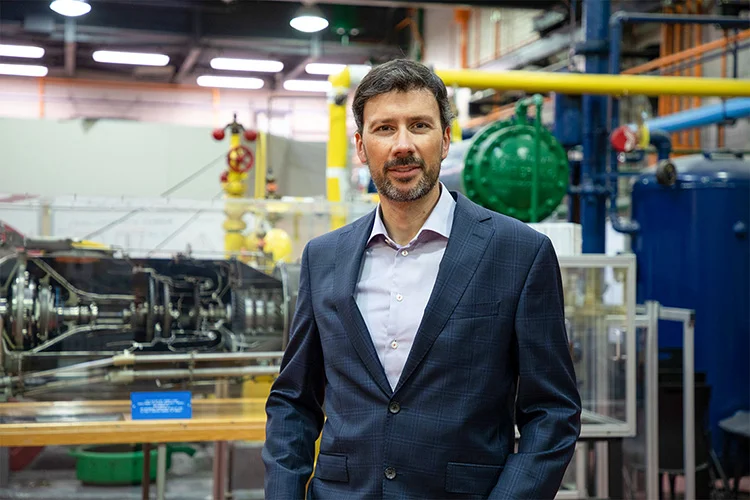CANSTOREnergy: Community informed technology for just energy transitions

At the core of CANSTOREnergy is a commitment to engage diverse communities about their energy challenges and goals, as well as understand if and how carbon conversion technologies could fit into their future.
Launched by Climate Positive Energy (CPE) and supported by a $24 million grant from the federal New Frontiers in Research Fund’s Transformation Competition, the project brings together researchers from 11 Canadian universities, along with community, public sector and industry partners. The interdisciplinary team includes academics from political science, economics, social science, and engineering. Together, they are exploring how emerging carbon conversion technologies could address the challenges of particular Canadian communities while also reducing overall emissions. To do this, the research team is collaborating with advisers in Indigenous nations, utilities, governments, non-profit groups, industry and others.
The CANSTOREnergy team has been building relationships in communities in Canada’s north and south, including rural, remote and urban areas. In the north, many communities are not connected to the power grids that supply most of North America, and therefore rely on isolated grids backed by diesel generators, which have consequences for local air quality and greenhouse gas emissions. Meanwhile, the south is home to densely populated urban centres in which the environmental costs of local industries are unevenly distributed and disproportionately impact low-income and marginalized communities who face greater health effects.
Northern communities have been leaders in integrating renewable energy into their supply and are looking for additional strategies to address the intermittent or seasonal nature of wind and solar power — for example, storing excess energy generated in the summer for six months of little or no sunlight in winter. Southern communities are seeking low-carbon energy and economic futures that also support the well-being of a wide range of urban residents. The team will work with these diverse communities to explore whether and how they might use or benefit from technologies that use more sustainable energy sources to convert carbon-based emissions back into fuels and other valuable products.